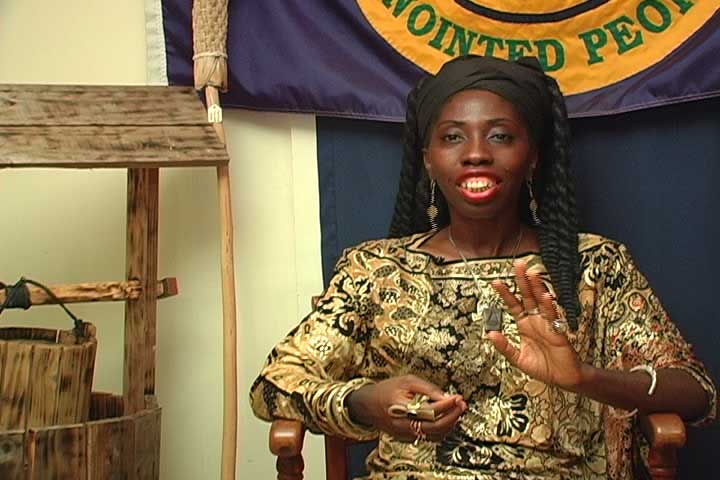Joe Carter is quick to point out that he is not an environmentalist. “I’m a conservationist…You don’t see me sailing on the Greenpeace boat. You don’t see me hanging out of a Redwood in Oregon. But if it’s got to do with my own backyard and my part of the world, then I’m interested in conserving the essential ingredients there to have a quality of life.” Carter founded a group, the Winyah Bay Focus Area Task, as a means of striking what he calls a necessary balance “between economic development and the preservation of critical natural resources.” After World War II—and the necessary invention of air conditioning to make South Carolina’s often sweltering summers bearable—people from all across the U.S. and beyond have flocked to the coastal tidelands to enjoy the fresh air and warm, blue-green waters of the Atlantic. All that comes at a price, of course; overdevelopment has impacted South Carolina’s wildlife and natural resources, threatening to change some areas into an East Coast Los Angeles, devoid of clean air and endangered species. Gurdon Tarbox, a conservation activist and Georgetown resident, recognizes this as well. "I see these changes coming and I'm fearful we're going to wreck it if we're not careful." Yet casting blame is counterproductive, Carter argues. “One can always label folks as being a heinous developer, when in fact the law allows that to happen, so we can’t cast aspersions…We can’t always simple label people as being evil because they’re pursuing their own dream.” Instead, conservationists should focus on “identifying those critical areas that we’ve got to have for wood stork, for swallow-tail kite, for black bear, for whatever that creature is that needs to survive, and let development take place where it’s already disturbing the landscape.”
Fading Away
Losing the Land





